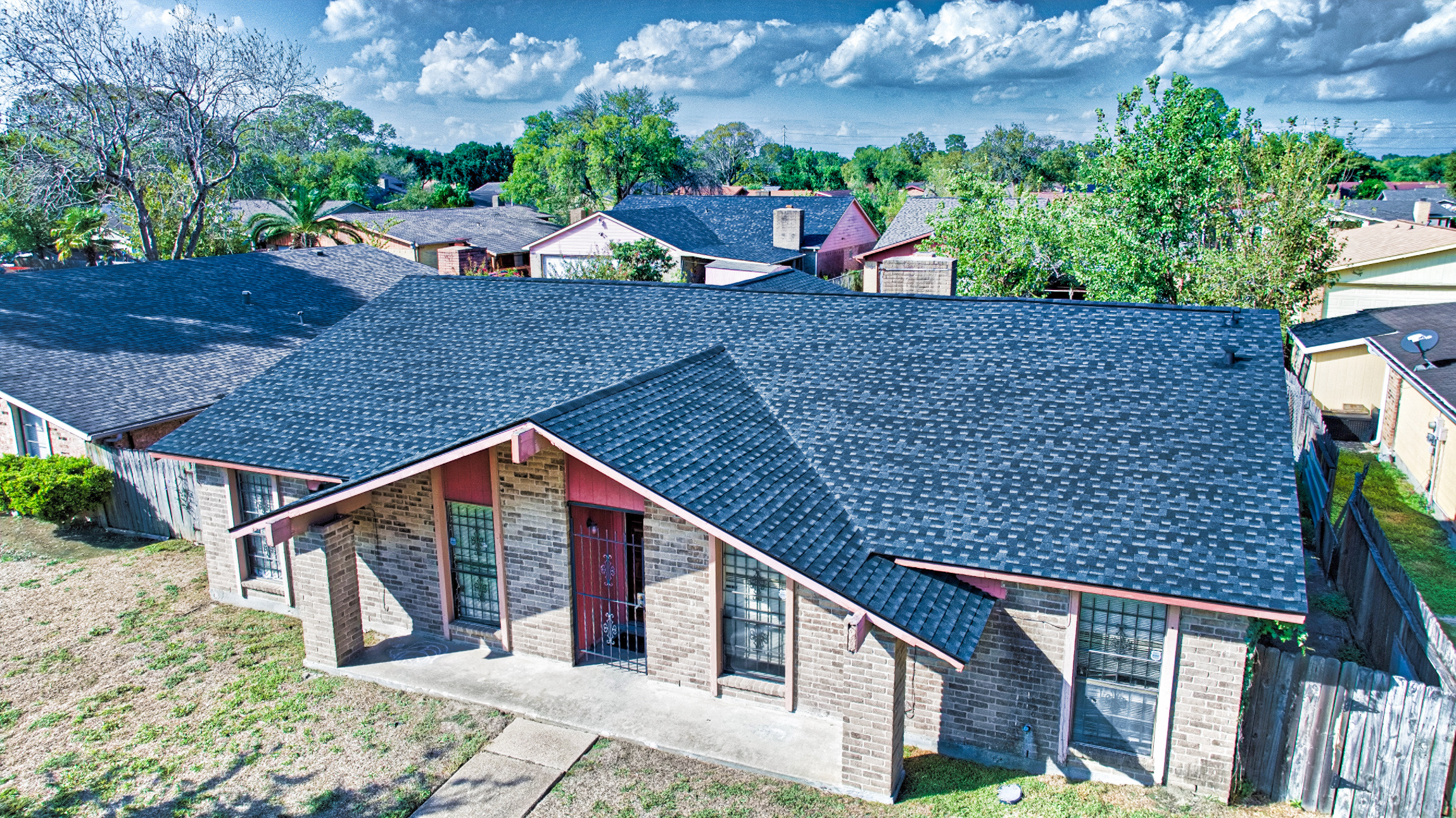The Basics of Roof Ventilation
What Is Roof Ventilation?
Roof ventilation ensures a continuous flow of air through the attic space, regulating temperature and moisture levels. This system involves intake vents that draw in fresh air and exhaust vents that expel hot, moist air.
How It Works
Proper roof ventilation works on the principle that warm air rises. In a well-ventilated attic, cooler air enters through intake vents at the lower part of the roof and pushes the warm air out through exhaust vents at the roof’s peak.
The Importance of Roof Ventilation
Preventing Moisture Damage
Proper ventilation prevents moisture buildup, which can lead to mold growth, wood rot, and damaged insulation. By reducing moisture, you protect the structural integrity of your home.
Extending Roof Lifespan
Adequate ventilation helps prolong the life of roofing materials by preventing heat and moisture damage. This reduces the need for frequent repairs and replacements, saving you money in the long run.
Enhancing Energy Efficiency
A well-ventilated roof reduces the strain on your HVAC system by maintaining a balanced attic temperature. This improves your home’s energy efficiency, resulting in lower heating and cooling costs.
Types of Roof Ventilation Systems
Ridge Vents
Ridge vents are installed along the peak of the roof, allowing warm air to escape. They are effective and unobtrusive, blending seamlessly with the roofline.
Soffit Vents
Located under the eaves, soffit vents serve as intake vents that draw cool air into the attic. They work in conjunction with exhaust vents to promote airflow.
Gable Vents and Roof Turbines
Gable vents are installed on the exterior walls of gable roofs, while roof turbines use wind power to pull hot air out of the attic. Both types enhance ventilation efficiency.
Best Practices for Roof Ventilation
Balanced Ventilation Systems
Ensure a balanced ventilation system with an equal number of intake and exhaust vents. This balance optimizes airflow and prevents potential issues.
Regular Inspections and Maintenance
Conduct regular inspections to check for debris or obstructions in the vents. Clean and maintain them to ensure they function properly and efficiently.
Professional Assessment
Consult with a professional roofing contractor like Storm Choice Roofing to assess your ventilation needs. They can provide tailored solutions to ensure optimal performance.
Benefits of Proper Roof Ventilation
Improved Indoor Air Quality
Good roof ventilation reduces indoor pollutants such as dust mites and mold spores, contributing to a healthier living environment.
Reduced Energy Costs
Effective ventilation regulates attic temperatures, reducing the need for air conditioning and heating, which lowers your energy bills.
Prevention of Ice Dams
In colder climates, proper ventilation helps maintain consistent roof temperatures, preventing the formation of ice dams that can cause significant roof damage.
Proper roof ventilation is crucial for maintaining the health and efficiency of your home. For expert advice and professional installation, contact Storm Choice Roofing, your trusted roofing professionals in Houston, Texas.


